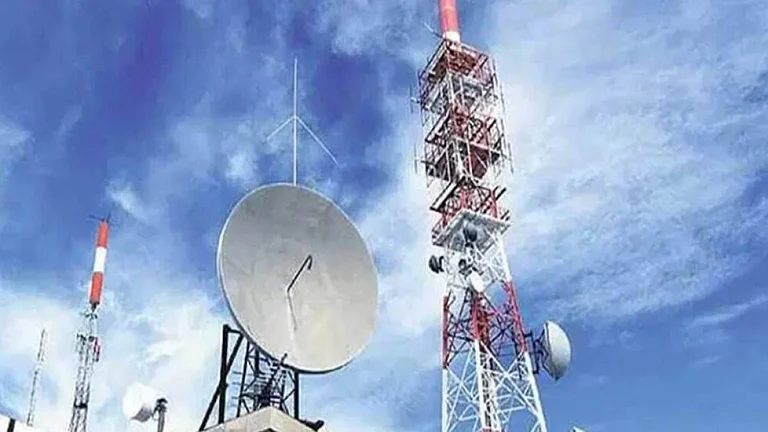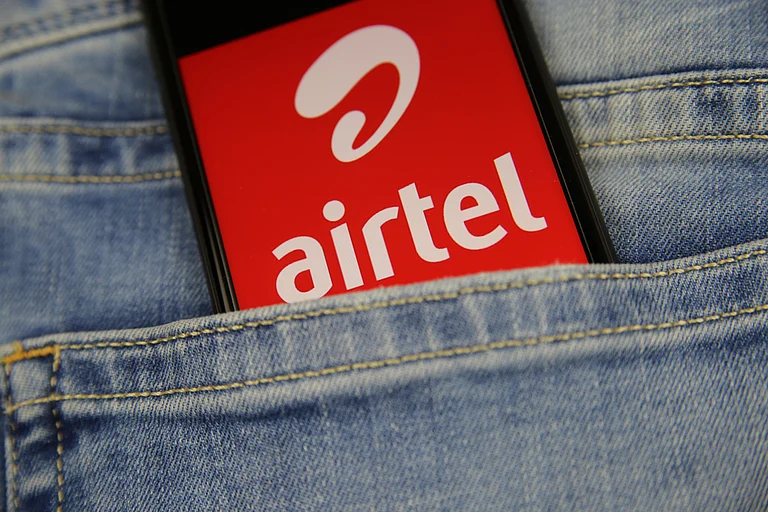The Telecom Regulatory Authority of India's (TRAI) new rules to curb spam calls and messages have disappointed telecom operators, the industry body Cellular Operators Association of India (COAI) said on Monday. The Delhi-based association counts Bharti Airtel, Reliance Jio, and Vodafone Idea as its core members.
“TRAI’s amendment of the Telecom Commercial Communications Customer Preference Regulations (TCCCPR), 2018, to strengthen consumer protection against Unsolicited Commercial Communication (UCC), has been issued without addressing all relevant issues," said its Director General, S.P. Kochhar.
TRAI tightened rules against pesky calls and messages in an amendment released on February 12. The regulator eased the consumer complaint system, restricted the use of 10-digit mobile numbers, and introduced higher financial penalties on repeat offenders.
TRAI's new regulations simplify the process for reporting spam messages and calls. Consumers can now lodge complaints without pre-registering their communication preferences, and the reporting window has been extended from three to seven days. Telecom operators must take action against complaints within five days, and the threshold for penalising senders has been lowered.
Additionally, telecom providers must prominently display complaint registration options on their mobile apps and websites. Commercial communications will also be restricted to designated number series, with the '140' series for promotional calls and the '1600' series for transactional and service calls.
Financial Penalties on Telecom Firms
TRAI has introduced stringent penalties to curb violations. First-time offenders will face a 15-day suspension of outgoing telecom services, while repeat offenders will be disconnected from all telecom resources for a year and blacklisted. To further deter violations, TRAI has imposed financial penalties on telecom operators, ranging from Rs 2 lakh for the first violation to Rs 10 lakh for subsequent offences. Additionally, access providers must now enter into legally binding agreements with registered senders and telemarketers, outlining their responsibilities and penalties for non-compliance.
COAI says that it had told the regulator that penalties on telecom service providers "do not serve any purpose and have failed to curb Unsolicited Commercial Communication (UCC)."
"Instead, if at all these penalties are required, they should be directed to TM-D or the PEs who are the actual originators and beneficiaries of the commercial communications," Kochhar said.
He claimed that since telecom operators have considerably reduced their UCC complaints to a very low level, they should not be penalised for "unwarranted actions of some other subscribers."
Telcos Demand Regulation on Telemarketers & OTTs
In its statement, COAI noted that the new rules failed to bring delivery telemarketers and over-the-top (OTT) services under the regulatory framework, which the industry has been demanding for a long time.
"One of the most important demands of the TSPs was that this amendment should be released only after the delivery telemarketers (TMs) are brought under regulation to manage unlawful communication," the COAI Director General said. He further stated that the new rules do not address spam messages via OTT apps like WhatsApp.

































